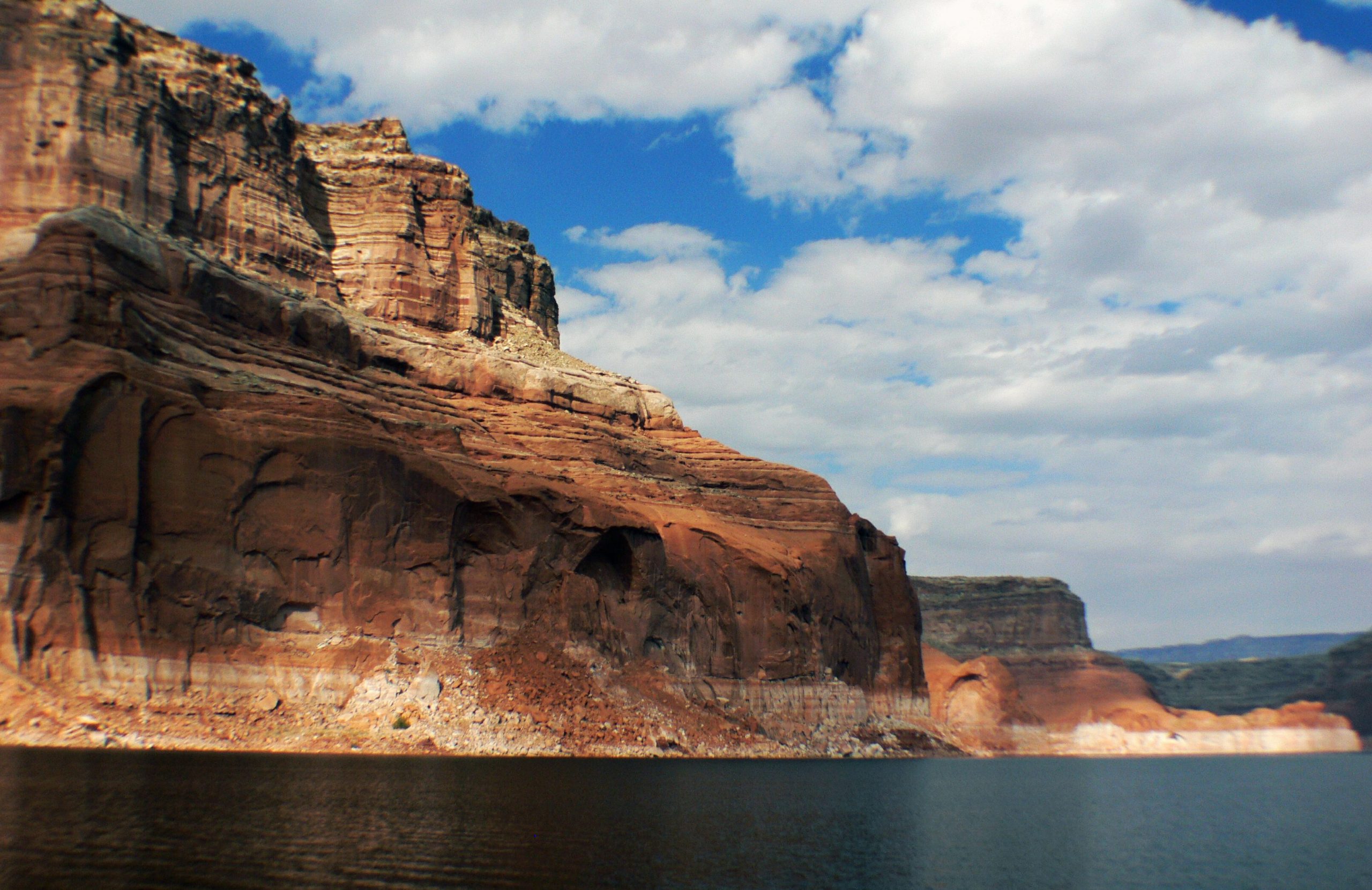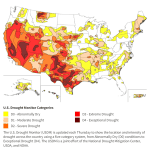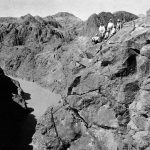The Department of Interior wants to revise operating guidelines  to save the Colorado River system.
to save the Colorado River system.
A Notice of Intent





The seven Colorado River Basin states — Colorado, Wyoming, Utah, New Mexico, Arizona, Nevada and California — were charged with negotiating an agreement to save water by mid-August, but a comprehensive agreement has not been reached. Roll Call





In the meantime, and as part of the Notice of Intent, the Bureau of Reclamation will produce a Supplemental Environmental Impact Statement that describes alternative guidelines





- Framework Agreement Alternative: This alternative would be developed as an additional consensus-based set of actions that would build on the existing framework for Colorado River Operations. This alternative would build on commitments and obligations developed by the Basin States, Tribes and non-governmental organizations as part of the 2019 Colorado River Drought Contingency Plan (DCP) Authorization Act.
- Reservoir Operations Modification Alternative: This alternative would be developed by Reclamation as a set of actions and measures adopted pursuant to Secretarial authority under applicable federal law. This alternative would also consider how the Secretary’s authority could complement a consensus-based alternative that may not sufficiently mitigate current and projected risks to the Colorado River System reservoirs.
- No Action: The No Action Alternative will describe the continued implementation of existing agreements that control operations of Glen Canyon and Hoover Dams. These include the 2007 Interim Guidelines and agreements adopted pursuant to the 2019 DCP. Intensive ongoing efforts to achieve water conservation actions in the Basin are underway through a number of programs, including the recent Inflation Reduction Act. Implementation and effectiveness of these efforts will inform the assessment of existing operations and agreements.
Image Credit:
Lake Powell,











Leave a Reply